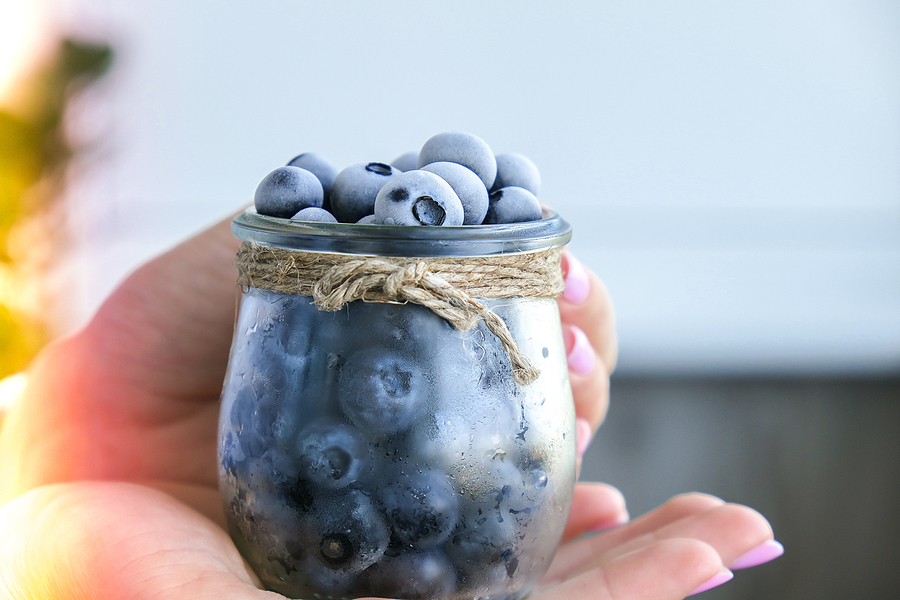- Do you need a multivitamin if you eat healthy food?
- Are multivitamins a waste of money?
- Are multivitamins unsafe?
- Does your body benefit from multivitamins?
Essential vitamins
Let’s start by exploring these building blocks of healthy nutrition, called vitamins. Vitamins are the ever-busy worker ants of the metabolic process. They are numerous and their functions are on the verge of miraculous, from protecting eyesight to scrubbing cells to repairing deoxyribonucleic acid (DNA). Vitamins work hard with the help of enzymes to activate (catalyze) body functions. As coenzymes, vitamins regulate metabolism and help in myriad biochemical processes that release energy from food. Most are water-soluble, so any excess is excreted in urine. Those that are fat-soluble—vitamins A, D, E, and K—are stored in tissue and can become toxic at high levels. For this reason, I do not recommend self-prescribing high dosages of fat-soluble vitamins.
There are several subcategories of vitamins. Bioflavonoids, sometimes referred to as vitamin P, are not true vitamins, but are essential for the absorption of vitamin C. Carotenoids/ carotenes, a subclass of vitamin A, are antioxidants thought to help prevent cancer, much like vitamin D. Beta-carotene and lycopene are two of the most widely known carotenes; however, there are as many as 600 and still more to be discovered. Finally, Co-enzyme Q10 is a vitamin-like substance that resembles the structure of vitamin E; it’s a powerful antioxidant and mitochondrial helper.
Should you worry about your vitamins?
Let’s discuss an example that you may find similar to your own experience. One evening on her way home, Heather stopped with her children at the grocery store purchase a multivitamin for herself. The children were hungry, and they were disappointed that the race-car grocery cart they usually sat in wasn’t available. By the time Heather arrived at the vitamins, she picked up two brands, checking each for the quantity of vitamin D (she had read that it was important), then reached for a third brand to compare it to the others. While trying to compare the three bottles to see what she should purchase, she saw her daughter running away. After chasing her through the store and putting the vitamin selections down somewhere near the eggs, Heather gave up, bought a pre-cooked chicken, and went home. The next day Heather was thankful that she hadn’t bought one of the store vitamins because her health-care practitioner informed her that they were a waste of money because her body could not absorb them!
When I heard this story about Heather, I thought, Wow, we’ve got a lot of work to do. You have probably heard about reports that say that multivitamins and nutritional supplements are a waste of good money, a scam, or even hazardous. But if that’s the truth, then why do so many people take them?
If you’ve been confused or frustrated like Heather, this article is for you. Let’s take look at the most common myths about multivitamins. I want you to be able to make a knowledgeable decision about what’s best for you for your healthy balanced lifestyle.
Myth 1: All multivitamins are created equal
In these difficult financial times, I know that many of us shop at discount stores. But please let me give you a bit of advice regarding purchasing your vitamins and your supplements from these stores. The makers of these supplements may not follow a good manufacturing process. These multivitamins are often poor quality, low on nutrients, and full of unnecessary additives.
If you purchase inexpensive multivitamins, you can probably find that they contain nutrients that are hard for the body to break down and utilize. However, if you choose to purchase professionally formulated brands that combine naturally sourced nutrients and chelated minerals, and then be assured that your body can digest and use those vitamins more readily. Some cheap multivitamins contain preservatives, sweeteners, fillers, and artificial colors or flavoring, while others leave these additives out.
I like to compare multivitamins to salads. Most of us would agree that salads are good for us. However a salad made of lettuce from a bag, which was sprayed with chemicals, and topped with salad dressing made with high-fructose corn syrup is very different from a salad made with organic spinach, topped with olive oil, lemon juice, and walnuts. Salads can be made with different quality ingredients, and multivitamins can be made with different quality ingredients. Be a smart consumer!
Myth 2: If you eat a healthy diet, you don’t need a multivitamin
How many times have you heard this myth? In a recent Huffington Post blog, my colleague and functional medicine pioneer Mark Hyman, MD, agreed that you don’t need to take a multivitamin—but, listen to what he says: “ONLY if you eat wild, fresh, whole, organic, local, non-genetically modified food grown in virgin mineral and nutrient soils, and not transported across vast distances and stored for months before eaten . . . work and live outside, breathe only fresh unpolluted air, drink only pure, clean water, sleep nine hours a night, move your body every day,and are free from chronic stressors and exposures to environmental toxins.”
We are exposed, whether by choice or happenstance, to a variety of factors that will make it hard to get everything that our body needs nutritionally—even if we eat a healthy diet. Studies show that most of us do not get the basic nutrition that is needed to prevent disease, let alone achieve the optimal health that we’re working toward.
Of course, taking a vitamin is not a replacement for eating healthy food! But there is evidence that some scarcer key nutrients are more reliably obtained from supplements. The current research suggests that vitamin K, for example, is absorbed better from tablets than from food. Iodine is another crucial micronutrient that many women lack. Vitamin D and omega–3’s are simply not found in sufficient quantity in the food we eat to fully guard us from degenerative disorders. A good multivitamin–mineral complex will cover these gaps. This is essential for women who have been under a lot of stress, or if they are on a special diet, or especially if they have food sensitivities.
See Part 2 for Myths 3-5.
What to look for in a multivitamin?
Be sure the multivitamin you choose has some or all of the following characteristics:
- Pharmaceutical grade.
- Contains the most bioavailable forms, including chelated minerals
- Contains naturally-sourced nutrients
- No preservatives, sugar, artificial flavorings, fillers, dyes, or colorings
In our experience, women cannot resolve the imbalances and symptoms we see most often without filling the gaps in their nutritional foundation. For further guidance, see our articles about choosing a multivitamin.
Electronics and multivitamins?
Did you know that exposure to even extremely low-frequency electromagnetic forces (EMF) through our abundant cell phone use, wireless technology, televisions, computers, and other electronics, is associated with oxidative stress, lowered immune defense, and DNA damage in our bodies?
We may not always be able to modify our environment, but we can help offset this everyday oxidative damage by taking a multivitamin enriched with antioxidant nutrients—putting a little more in our cellular health savings account!
Brilliant yellow urine—what’s that about?
When you take a “rich” multivitamin, you will notice that your urine fairly glows in the dark. Have you wondered if maybe those vitamins just simply went right through you? Women often ask us about this phenomenon, and we’re happy to explain. What makes your urine yellow is a fluorescent component of riboflavin (vitamin B2) called the flavin ring. As it passes along the body’s metabolic pathways, riboflavin plays many important roles and undergoes biochemical changes. Several of riboflavin’s molecular metabolites retain the fluorescent flavin ring that, when excreted, gives your urine that special glow!
Read our other articles about riboflavin metabolism for more information.






